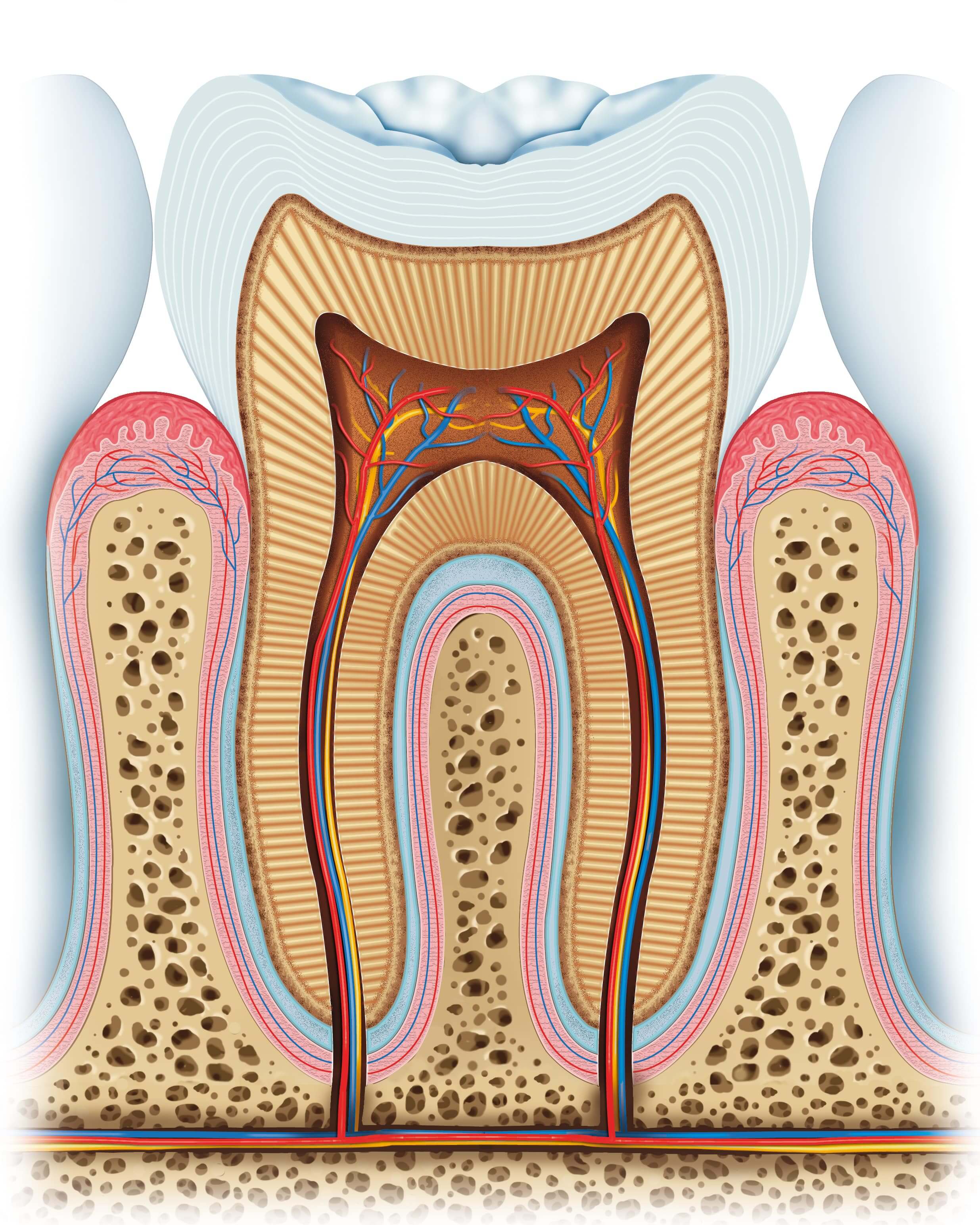Tooth Decay: What Causes Tooth Decay
There is a common misconception that tooth decay is entirely normal and something that most humans suffer from and have suffered from since
the beginning of time. We are taught to believe that with more advanced medical and dental care than ever before, we are better equipped to
diagnose and deal with tooth decay than at any other stage in human history. The truth, however, is that tooth decay was rare until
recently.
This is highlighted particularly well in the work conducted by the renowned scientist, Dr Weston A Price. Throughout his studies of
primitive tribes, he observed only one cavity per 1000 teeth - meaning our ancestors didn't suffer from tooth decay. But how is this
possible given they had no fluoridated water, no toothpaste, no toothbrushes, no floss and no dentists? To explain why our ancestors didn't
suffer from tooth decay, we must first understand what causes tooth decay.
What Causes Tooth Decay?
There is a common misconception that bacteria - or plaque - causes tooth decay. Bacteria and plaque essentially convert sugar to acid, which erodes the tooth - creating a 'cavity'. Plaque is brought on by things like poor brushing and flossing habits, frequent snacking (where the teeth aren't free from food particles for extended time periods) and poor diet. Because of this, we presume this is what causes tooth decay. However, the truth is that tooth decay can begin from inside the tooth - not only from the outside as is commonly thought. To understand this, we first need to understand that teeth are not solid - that they are in fact, more like an organ.

Teeth are like organs.
There are three primary divisions of the tooth; enamel, dentin and the pulp chamber, and fluid flows between these three layers. This
movement within the tooth is called 'dentinal fluid transport'. Ideally, the fluid will flow outwards - travelling from the pulp chamber, to
the dentin, to the enamel and then into the mouth. However, studies have shown that this flow of fluid can be reversed - causing bacteria
and acids to flow into the tooth instead of out, and that this reversal of fluid flow is what causes tooth decay.
Dentinal Fluid Transport: How it Works and How it is Related to Tooth Decay
The research of Dr Ralph Steinman explains how this reversal of dentinal fluid flow occurs. First, he discovered that substances move from
the body and into the tooth - this is to provide the teeth with essential nutrients for growth and maintenance. Next, he worked with an
endocrinologist, John Leonora, and the pair discovered the hormone source responsible for regulating this flow of fluid. They identified it
as the hypothalamus - a structure within the brain that regulates a number of bodily functions such as; sleep, temperature, eating and
sexual development. This then led the pair to discover a new endocrine system; the hypothalamic-parotid gland endocrine axis - which is what
regulates the dentinal fluid flow. The study showed that a high sugar diet suppressed the function of this endocrine axis and this,
consequently, affected dentinal fluid flow.

What Causes Teeth to Decay? The Answer is Diet
Dr Steinman's studies ultimately concluded that when dentinal fluid is flowing outward - from the inner layers towards the outer layers of
the teeth - the teeth are resistant to decay. However, when this fluid flow is reversed, decay sets in very quickly. What is responsible for
this reversal of fluid flow is diet - specifically a poorly formulated diet high in sugar and other foods like refined flours.
Comparatively, a diet rich in protein, vegetables and fats, favours the defence against tooth decay. So it becomes evident that what causes
teeth to decay is actually a poor diet, and that decay often starts from the inside of the tooth, not from the outside as is commonly
thought.
How to Prevent Tooth Decay? The Answer is Diet
This is supported by Dr Weston A Price's work who discovered that consuming adequate fats and protein aids the body absorb minerals and
fat-soluble vitamins such as vitamin A, vitamin D and vitamin K2, which are essential to good bone health. As part of his work, Dr Weston
Price treated a group of malnourished children from an orphanage. He did so by prescribing a diet of butter, cod liver oil, meat and
vegetable stews (with bones included) and fermented foods like sauerkraut and cultured dairy products. Sugar was eliminated from the diet
completely. Dr Price noted that tooth decay was stopped, new tooth decay was prevented, and the children's teeth began to remineralise. This
is a good lesson on how to prevent tooth decay and work towards to reversing its effects. It shows that while tooth decay is scientifically
complex, understanding what causes tooth decay and how to prevent tooth decay are relatively simple - it's all about proper diet.
We see this ourselves with patients who suffer from recurrent tooth decay - they often return blood chemistry results with low protein status, mineral and iron deficiencies and elevated blood glucose levels. This is the product of poor diet and subsequent chemical imbalances in the body.
